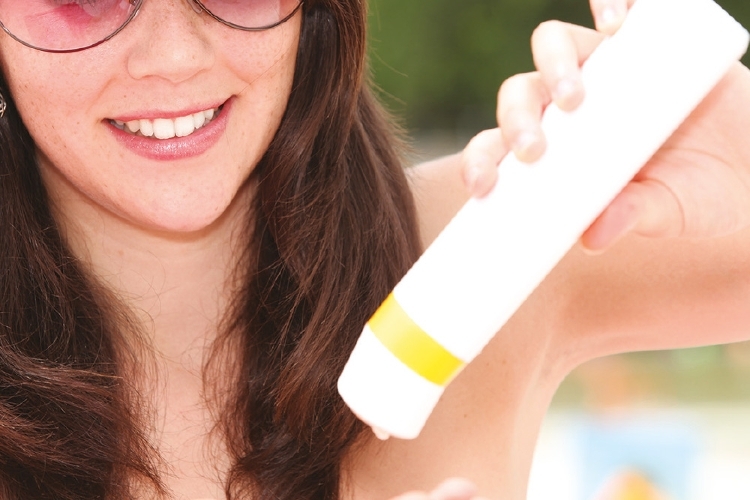Stay Well in Summer - Top Tips

During prolonged hot weather (a heatwave), the main risks are:
- Dehydration (not having enough water)
- Overheating, which can make symptoms worse for people who already have problems with their heart or breathing
- Heat exhaustion and heatstroke
Advice on how to reduce the risk associated with hot weather either for yourself or somebody you know can be obtained from NHS Choices at www.nhs.uk/summerhealth, NHS 111 or from your local chemist.
Who is most at risk?
A heatwave/prolonged hot weather can affect anyone, but the most vulnerable people are:
- Older people, especially those over 75
- Babies and young children. Remember water safety and window safety.
- People with a serious chronic condition, especially heart or breathing problems
- People with mobility problems - for example, people with Parkinson's disease or who have had a stroke
- People with serious mental health problems
- People on certain medications, including those that affect sweating and temperature control
- People who misuse alcohol or drugs
- People who are physically active - for example, labourers or those doing sports
If you're worried about yourself or a vulnerable neighbour, friend or relative, you can contact the local environmental health office at your local authority. Environmental health workers can visit a home to inspect it for hazards to health, including excess heat.
Tips for coping in hot weather
- Keep rooms cool by keeping the windows shut and by using shades or reflective material outside the windows. If this isn't possible, use light-coloured curtains and keep them closed (metallic blinds and dark curtains can make the room hotter).
- Open the windows for ventilation when it is cooler but ensure child safety by fitting child resistant window restrictors and be vigilant of child safety at all times.
- Avoid the heat: stay out of the sun and don't go out between 11am and 3pm (the hottest part of the day) if you're vulnerable to the effects of heat.
- Have cool baths or showers, and splash yourself with cool water.
- Drink cold drinks regularly, such as water and diluted fruit juice.
- Avoid excess alcohol, caffeine (tea, coffee and cola) or drinks high in sugar.
- Listen to alerts on the radio, TV and social media about keeping cool.
- Plan ahead to make sure you have enough supplies, such as food, water and any medications you need. Avoid unnecessary travel.
- Identify the coolest room in the house so you know where to go to keep cool.
- Wear loose, cool clothing, and a hat and sunglasses if you go outdoors.
- Check up on friends, relatives and neighbours who may be less able to look after themselves.
- Apply sunscreen of at least SPF15 with 5* UVA protection and re apply according to instructions.
- Wear UV sunglasses, preferably wraparound, to reduce UV exposure to the eyes.
- Wear light, loose-fitting cotton clothes, a hat and light scarf
- Look out for others especially vulnerable groups such as older people, young children and babies and those with serious illnesses.
- Never leave anyone in a closed, parked vehicle, especially infants, young children or animals.
- Remember, people with asthma, heart disease and/or other chronic conditions are additionally health sensitive to ozone and/or heat.
How do I know if someone needs help?
Seek help from a GP or contact NHS 111 if someone is feeling unwell and shows symptoms of:
- Breathlessness
- Chest pain
- Confusion
- Intense thirst
- Weakness
- Dizziness
- Cramps which get worse or don't go away
Get the person somewhere cool to rest. Give them plenty of fluids to drink. www.nhs.uk/summerhealth
 Look after yourself, older people and the young |  Listen to the weather forecast and the news |  Plan ahead to avoid the heat |
 Drink plenty of water, cut back on alcohol and caffeinated drinks |  Dress appropriately for the weather |  Slow down when it is hot |
 Know how to keep your home cool |  Go indoors or outdoors, whichever feels cooler |  Cars get hot, avoid closed spaces |




